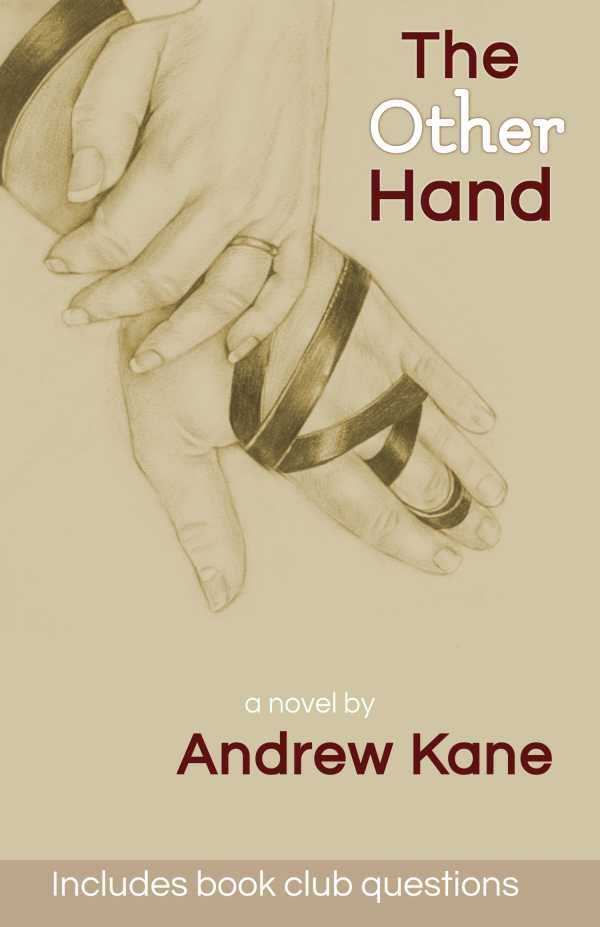The Other Hand
The Other Hand is a captivating spiritual novel about faith and family.
In Andrew Kane’s thoughtful novel The Other Hand, traditional Judaism meets modern realities.
Jonathan Bauman has been a Orthodox rabbi for decades, helping the people in his congregation navigate life challenges but never imagining that he’d be challenged by his family and friends. As secrets surface regarding his children’s dating lives and a close friend’s financial missteps, Jonathan is forced to reexamine his worldview.
Jonathan is smart and reflective, shown to put his family first, even when it is taboo to do so. His inner monologue and interactions with his congregation reveal the pressures and insecurities involved with being a spiritual leader. His wife, Sarah, is a leader in her own right; part of her story communicates the responsibilities of a rabbi’s wife. Their relationship is uncovered in brief but endearing flashback scenes that emphasize their love and the ways that they handle differences in opinion. Details from Orthodox life are represented with sensitivity, questioning aspects of the culture through the couple’s thoughts and actions.
Jonathan and Sarah’s children—Noah, Aaron, and Miriam—push the story forward. Noah struggles with being gay in a religious milieu where that is forbidden and immerses himself in therapy until he’s ready to come out to his parents. Noah’s relationship with his father is portrayed as delicate and sweet, with touching details such as Jonathan’s private use of Noah’s childhood nickname and acceptance of Noah’s sexuality.
Meanwhile, Miriam dates outside of Judaism, which is unthinkable to her parents and Jewish friends. Her relationship with her father is strained, and flashbacks capture her rebellious childhood and teenage years. Still, the rabbi proves willing to work through their issues. The eldest son, Aaron, lives a more typically Orthodox life and has less of a role in the narrative. A subplot involving a close friend of the Bauman’s mirrors aspects of their struggles, but stays in the background.
Direct and approachable writing adds context for common concepts, rituals, and the language of Judaism. Italics mark flashback scenes as such, and transitions between chapters and character perspectives are natural.
Most of the novel takes place on Long Island, and this location plays a part, particularly as more traditional people move into the area and the family’s issues become troublesome to Jonathan’s role as the rabbi. Jonathan’s personal issues are reflected in the New York Orthodox community, where some people are open to modern interpretations and others bristle at the thought.
The plot is driven by drama, with the family’s secrets and struggles adding anxiety. The potential for conflict moves the story forward with a series of unpredictable events, but the consequences are never as bad as the emotional anxiety that leads up to them. The ending sees all of the narratives merge and resolves the main story line in a way that feels true to the characters.
The Other Hand is a captivating spiritual novel about faith and family.
Reviewed by
Delia Stanley
Disclosure: This article is not an endorsement, but a review. The publisher of this book provided free copies of the book and paid a small fee to have their book reviewed by a professional reviewer. Foreword Reviews and Clarion Reviews make no guarantee that the publisher will receive a positive review. Foreword Magazine, Inc. is disclosing this in accordance with the Federal Trade Commission’s 16 CFR, Part 255.

